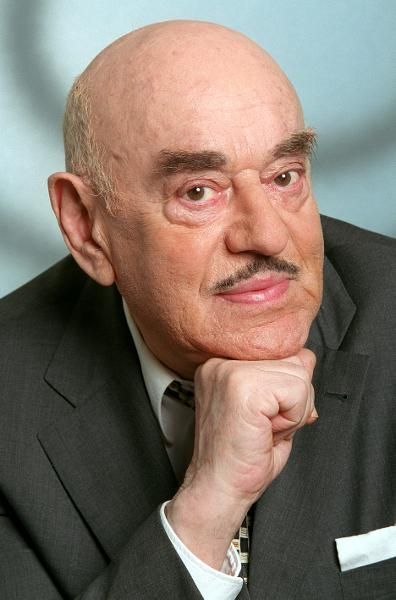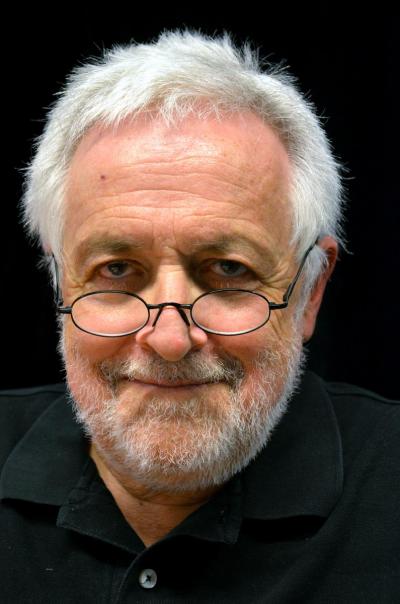Anatol Gotfryd
Mediathek Sorted




























In the studio at RBB „COSMO Radio po polsku“, 5.02.2018.

Jürgen Tomm and Anatol Gotfryd, Reading in the Berlin Buchhändlerkeller on 4 March 2018. (Extract)






























“I have thought a lot about people who put their life on the line to save others. Why did Bukowiecka take in four people? Certainly not for the money. (...) I believe it was a mixture of roguish audacity, a thirst for adventure and – just like Storoschtschakowa – a spontaneous willingness to help.”[3] Bukowiecka, who owned a pub on the Vistula River, hid the boy and his relatives in a small room in the Warsaw district of Mokotów for five months. And it is thanks to Storoschtschakowa that Tolek found refuge with Polish farmers and was able to help out on the farm. He even lived for a time with the deputy head of the German Police in Lwów, who was friends with Mrs Storoschtschakowa’s daughter.
At the end of the war, Anatol Gotfryd was no longer able to return to his old home. Kołomyja and Jabłonów had already fallen to the Soviet Union. He managed to get to Lublin, where he found shelter in the Perec House, an assembly point for Jews who had survived the Holocaust. He earnt his first money by selling cigarettes on the market there. Eventually, he was able to find his parents who had left the former Polish eastern provinces. The family then settled in Katowice, where Anatol attended the Mikołaj Kopernik Grammar School.
A lucky break then meant that he was able to continue his education at a college of further education for prospective dentists, although he had missed the entrance exams. A former resident at the Perec house, who, as it turned out, was head of the examining body, recognised him and put him on the list of students. Anatol moved into the Jewish boarding school in Oławska Street, which was maintained by American aid organisations, and was appointed to the school council board. He had to step aside when the institution was taken over by the Communist government.
In October 1951, he started studying dentistry at the Medical Academy in Wrocław and was elected first-year spokesperson. It was during his degree that he met his future wife Danuta Rotkiewicz. Both of them were awarded their degree certificates in 1955.
Danuta’s father was a professional officer who had been stationed in Brest stronghold [now Belarus], where he was killed in the fighting in September 1939. The girl was very close to her father and at the time it happened had only just turned five. She would always recall the things they used to do together in the garden. Out of fear of being carted off to Siberia, she and her mother had fled to Włodawa [now on the border to Belarus and the Ukraine]. After the war, they settled in Silesia.
The freshly qualified dentists found their first jobs in Katowice; Danuta in a school and Anatol in a state outpatient department. But because they did not see a future for themselves in Communist Poland, they decided to migrate to Canada. When it then transpired that they would not be able to enter the country directly, they made the decision to go to West Berlin. It took them a year and a half to complete the necessary documents and get enough funds together. Relatives contributed 1,000 dollars which the couple used to bribe the Polish citizens’ militia so that they could get the authorisation to leave the country.
On 24 May 1958, Danuta and Anatol Gotfryd got off the train at Lichtenberg train station in East Berlin, without the slightest idea that this would be their home for the next sixty years. In the beginning, they lived with relatives in the exclusive residential area of Grunewald in West Berlin.
[3] Anatol Gotfryd, Der Himmel in den Pfützen ... , p. 121.























































































